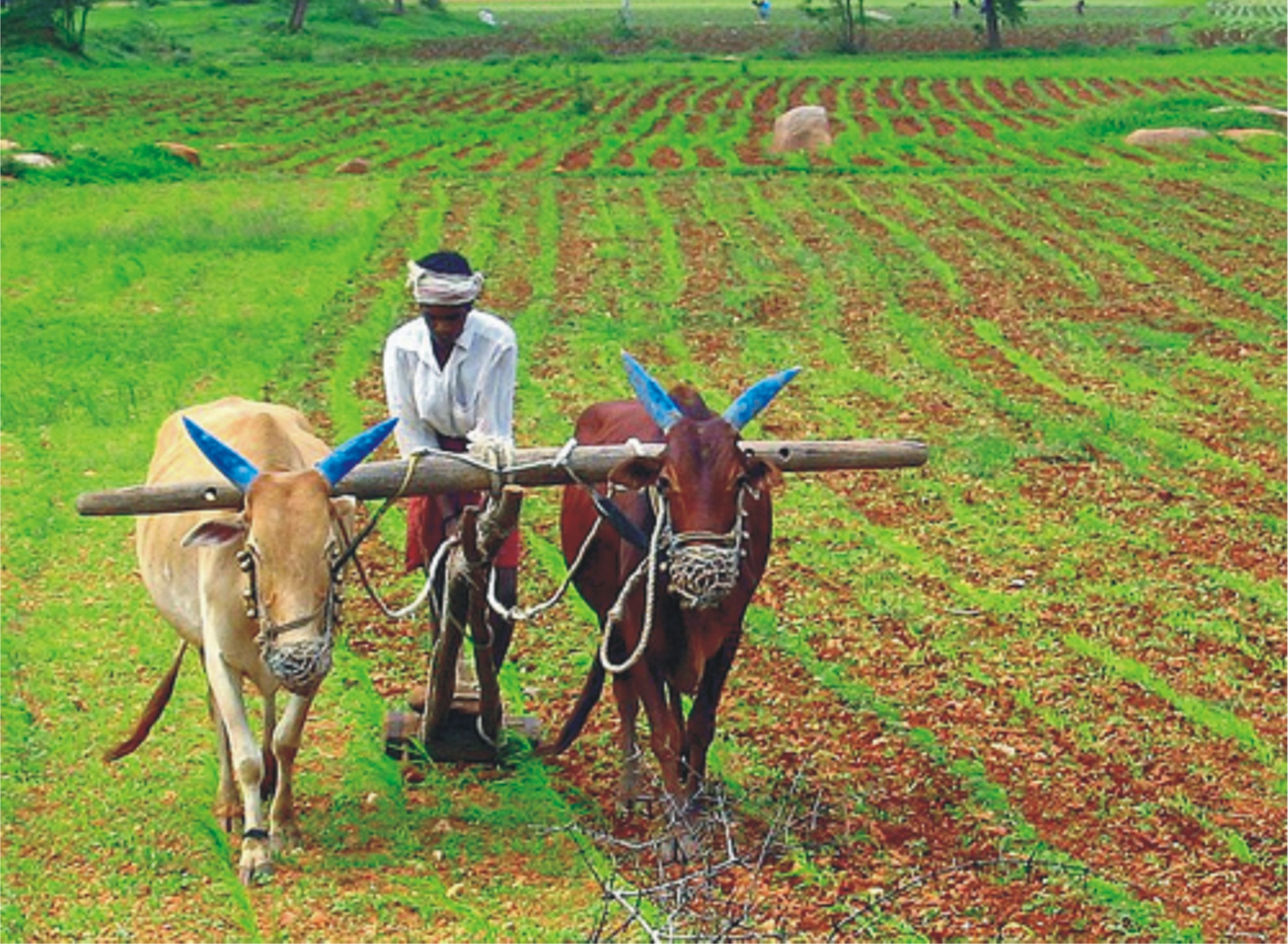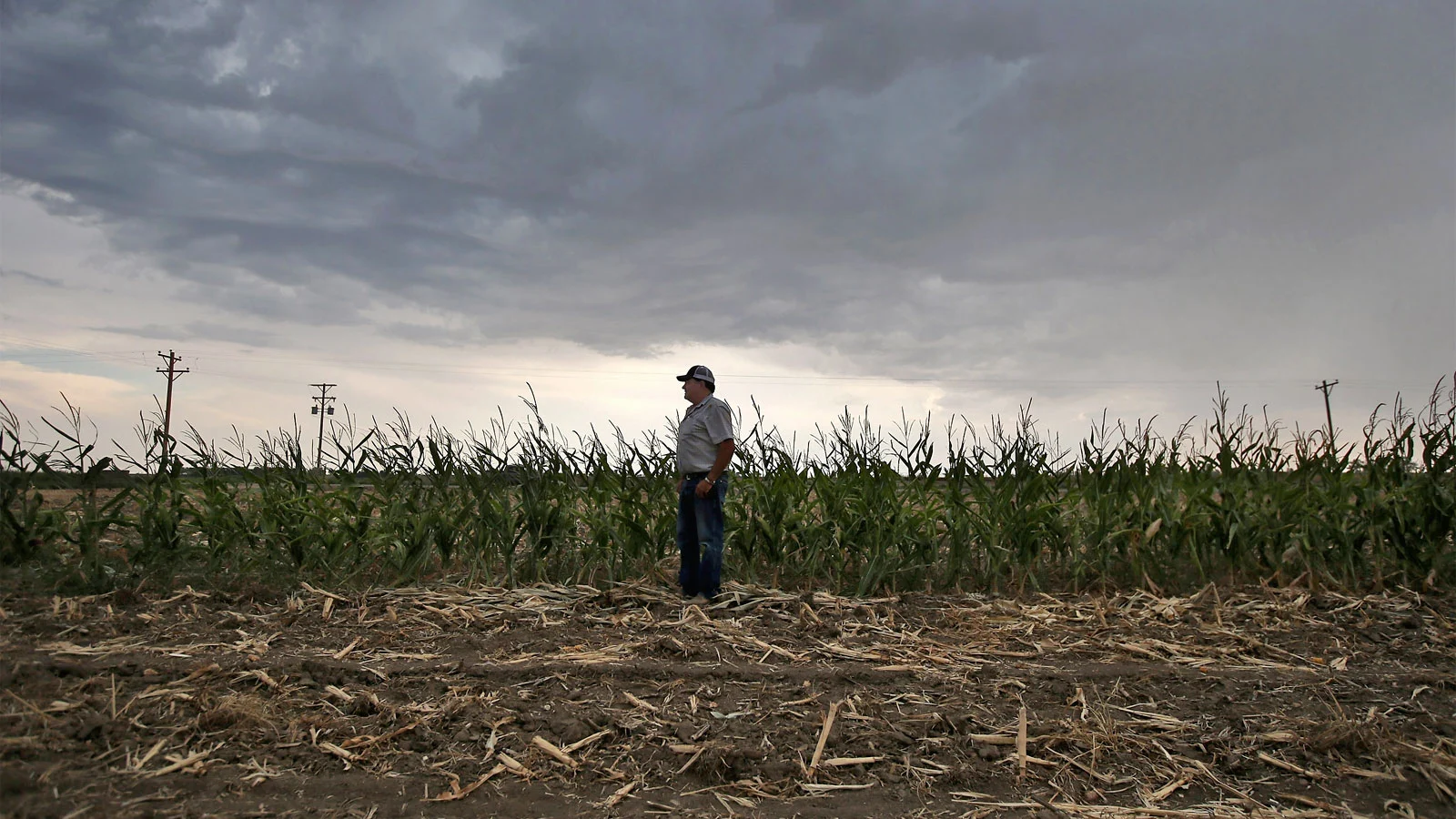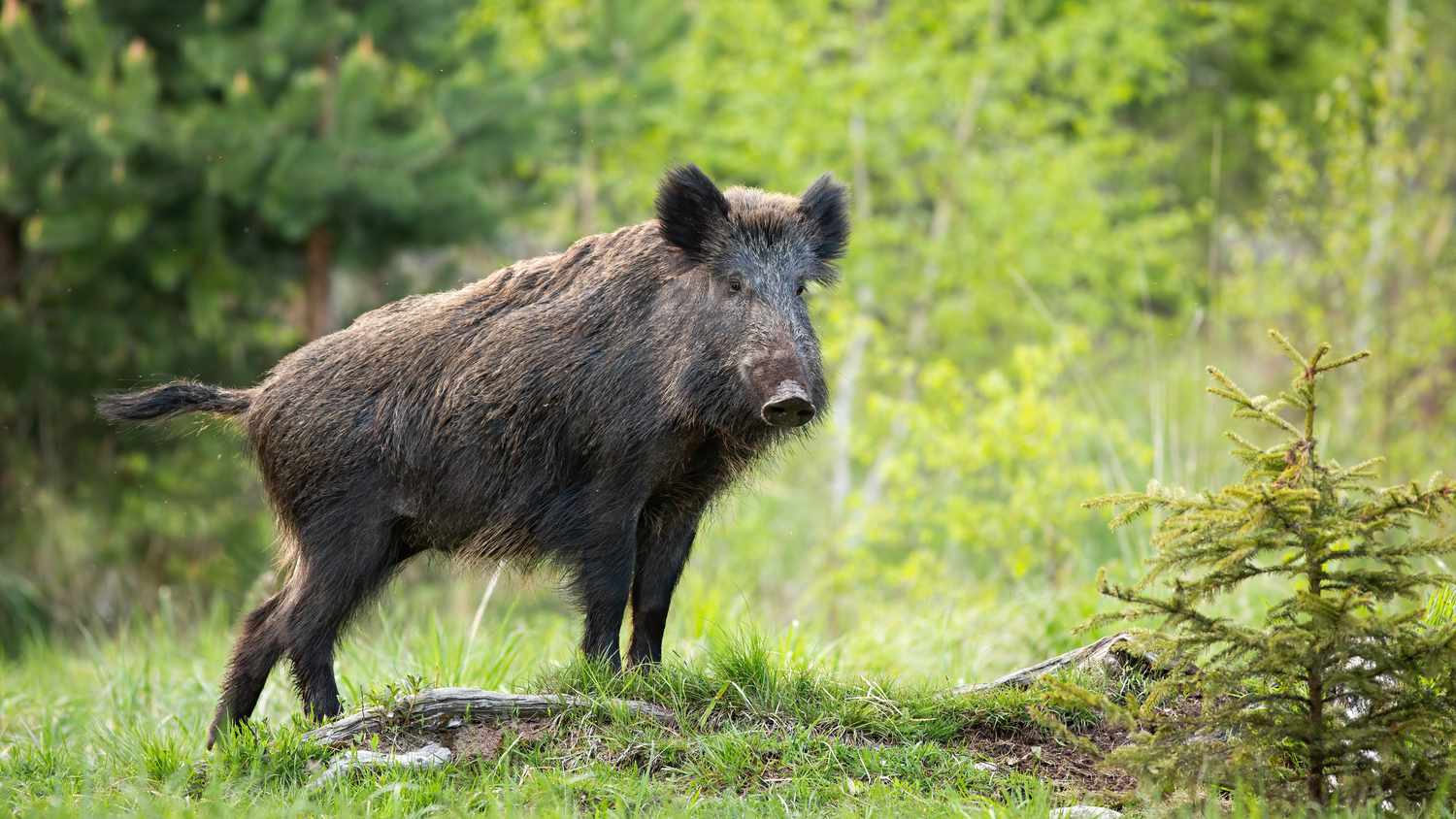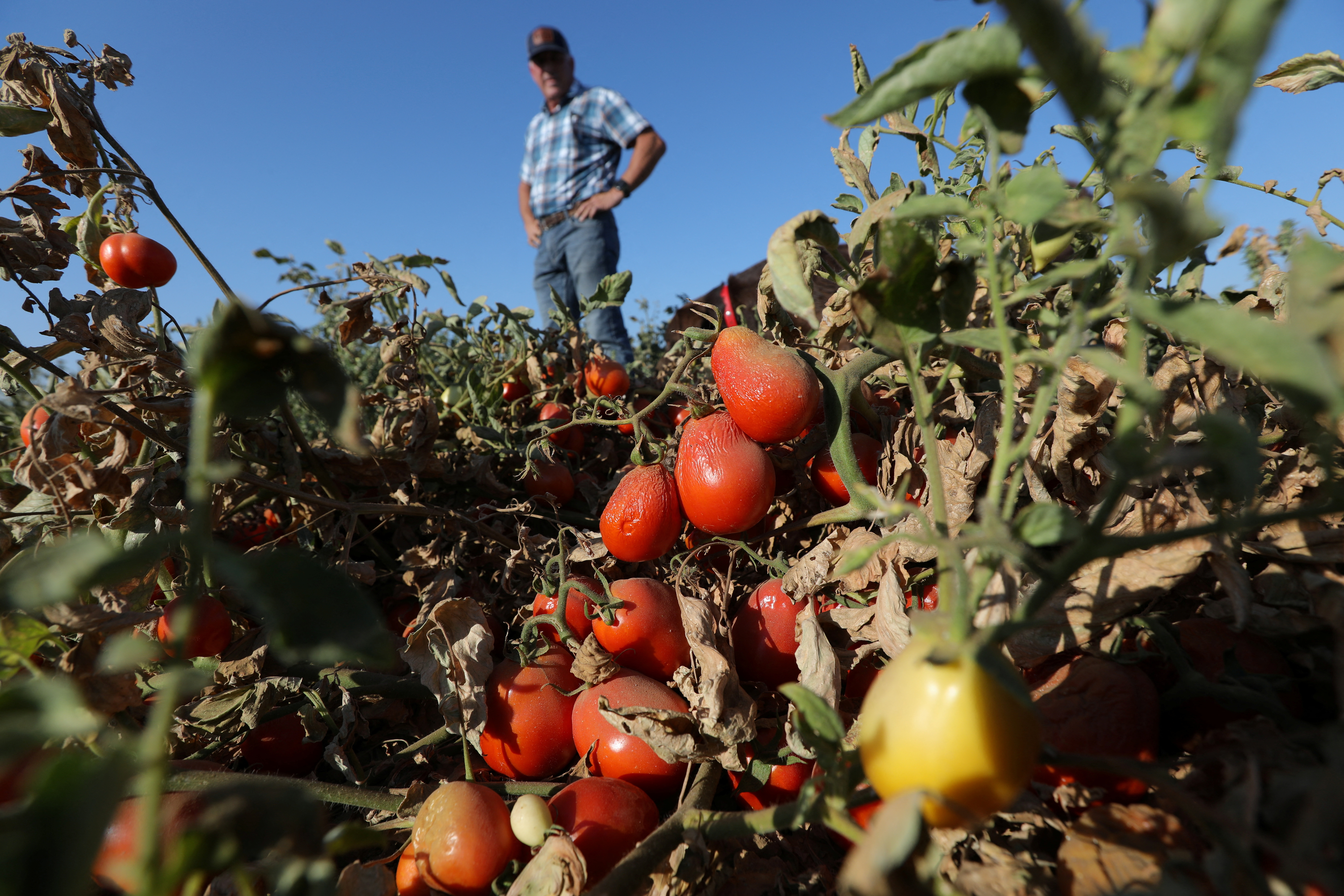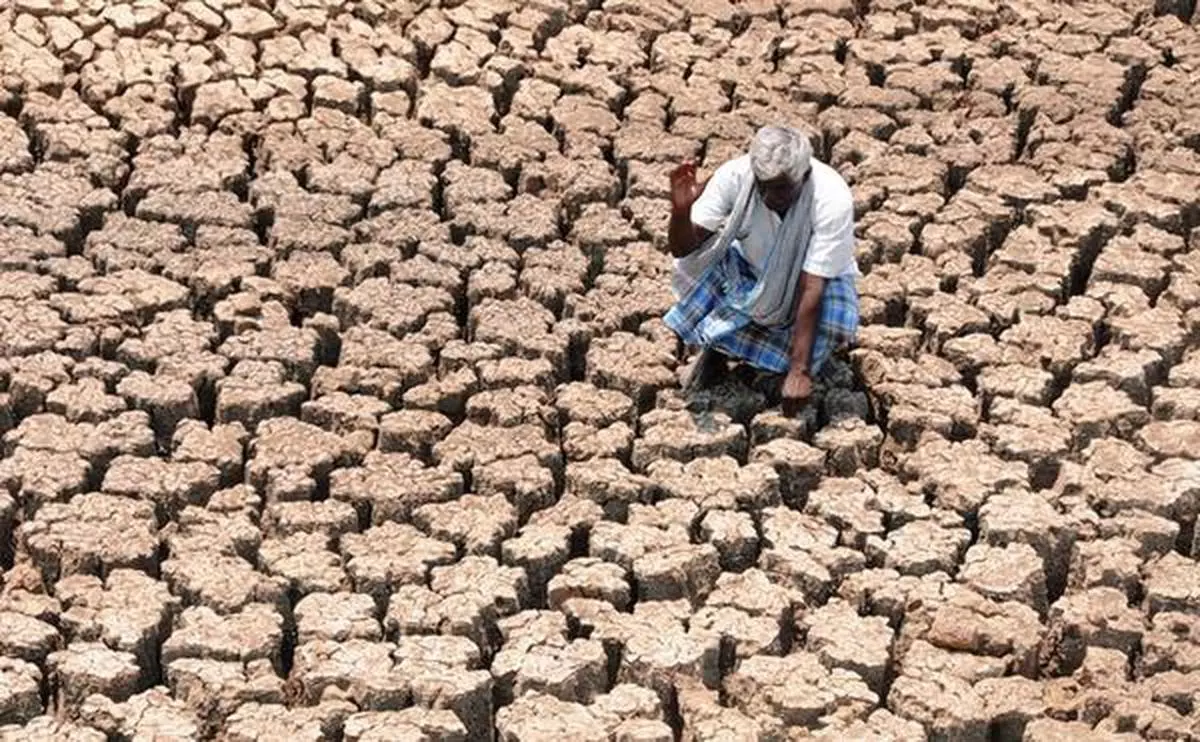Of the various crop insurance schemes at the national level since 1985, the Pradhan Mantri Fasal Bima Yojana (PMFBY) is the most ambitious risk mitigation programme for farmers. The yield-based National Agriculture Insurance Scheme (NAIS) was the most widely implemented scheme. The present government held a comprehensive review and extensive consultations to close loopholes before a national level rollout in April 2016.
The scheme has been implemented over five seasons now and the scale of finance in each district for each crop forms the basis of calculation of sum insured. This roughly corresponds to cost incurred and gives farmers adequate financial protection without any reduction due to capping in earlier scheme. This sum insured has doubled. The average sum insured, which was Rs 22,000 per hectare, is now Rs 40,000.
The earlier NAIS was based on the trust model where government collected a token premium from farmers but bore liability for payment of claims beyond premium collected. PMFBY is an actuarial model based scheme where token premium is charged and government pays the balance premium quoted by insurance companies selected by states through transparent bidding — full liability of payment of claims is with companies.
Reports suggesting 350% increase in premiums conveniently suppress that government liability was unlimited in the earlier scheme. The 2015-16 type drought, had it happened in 2016-17 or 2017-18 with nearly double sum insured, would have resulted in a huge payout than premium subsidy in PMFBY.
PMFBY has seen a quantum jump in voluntary enrolment of farmers. It has two categories — loanee farmers (those who avail agriculture loan) are compulsorily covered automatically by banks and non-loanee farmers (those who do not take loan) enrol voluntarily. In 2015-16, the year before PMFBY was launched, only 28 lakh farmers opted voluntarily, rising to an additional 1.36 crore farmers in 2016-17. This number stayed constant in 2017-18. Increase in voluntary enrolment, particularly in rain-fed areas, implies its utility as a safety net.
Since launch of PMFBY, India has had two consecutive bumper crop years. Yet, during 2016-17, more than 5.72 crore farmers were insured, with a claim ratio of 75%. And 4.99 crore farmers were insured in 2017-18, with claim ratio of 87% for Kharif 2017. More than Rs 33,000 crore was paid in the first three seasons against farmer premium share of Rs 7,272 crore.
In context of criticism that insurance firms made windfall gains, calamity-hit areas saw high settlements. More than 100% of premium collected in Kerala (210%) and Karnataka (132%) during Kharif 2016, in Tamil Nadu (287%) and Andhra Pradesh (159%) during Rabi 2016-17, and in Chhattisgarh (425%), Odisha (204%), Haryana (201%), and Madhya Pradesh (135%) during Kharif 2017.
During 2017-18, there was a drop in total farmers insured to 4.99 crore from 5.72 crore in 2016-17. This drop is in the compulsory loanee category. Two largest states, Maharashtra and Uttar Pradesh, announced loan waivers, making more than 69 lakh farmers ineligible. Direct benefit transfer with Aadhaar introduced in April 2017 to deliver claims directly in bank accounts erased ghost beneficiaries. This also decreased loanee farmers though voluntary coverage was unaffected.
Technology has speeded up claim settlement. The National Crop Insurance Portal seamlessly links more than 5.5 crore farmers and data entry from more than 1.5 lakh banks and financial institutions is done every season. Government is keen to improve the scheme. Timely claim settlement is the key focus. There are penal provisions on agencies which cause delays — 12% penal interest by insurance companies to farmers for delays beyond 10 days. And 12% penal interest by states to insurance companies if more than three months delay in releasing share of subsidy.
PMFBY has a higher basket of risk coverage — from pre-sowing calamities to post harvest losses — and provides uniform benefits to farmers across India. Insurance is all about spreading the risk. It is unfair to compare claims in relatively good years of 2016-17 and 2017-18 with premium collected, even though this is as high as 80%.
Source - https://epaper.timesgroup.com

